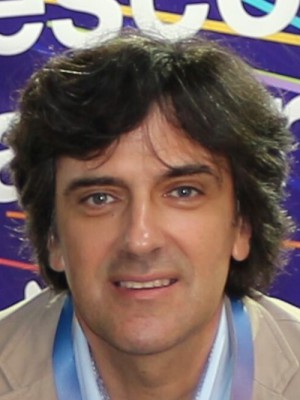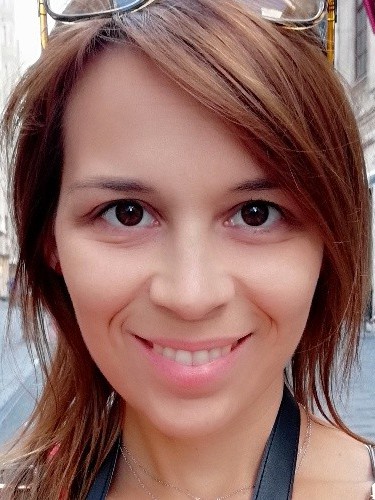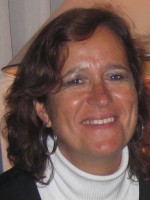abstract
The non-isothermal crystallization kinetics of polycaprolactone (PCL) and PCL-glass composites, used in fused filament fabrication (FFF), was investigated. Films of PCL and PCL reinforced with powders of a bioactive glass, from the CaOP2O5MgOSiO2 system, were prepared by solvent casting process. Crystal structure of the samples was examined by X-ray diffraction (XRD), and thermal properties were assessed by differential scanning calorimetry (DSC), at different cooling rates (5, 10, 15 and 20 degrees Cmin(-1)). The DSC curves of non-isothermal crystallization showed a significant dependence of crystallinity (X-c) on the cooling rate. The relevant crystallization kinetic parameters were determined from DSC traces applying a combination of Avrami and Ozawa methods (Mo's method), Jeziorny method and Friedman method. It was observed that the presence of inorganic particles within the polymeric matrix clearly influenced the composite crystallization. The addition of glass particles allowed a decrease in X-c and accelerated the PCL crystallization rate. The slower cooling rates tested proved to be suitable for the biofabrication of PCL-glass composites by FFF techniques.
keywords
NONISOTHERMAL CRYSTALLIZATION; ISOTHERMAL CRYSTALLIZATION; THERMAL-DEGRADATION; SCAFFOLDS; POLY(EPSILON-CAPROLACTONE); POLYCAPROLACTONE; HYDROXYAPATITE; BIOACTIVITY; FABRICATION; BEHAVIOR
subject category
Thermodynamics; Chemistry
authors
Pires, LSO; Fernandes, MHFV; de Oliveira, JMM
our authors
Groups
G4 - Renewable Materials and Circular Economy
G5 - Biomimetic, Biological and Living Materials
acknowledgements
This work was developed within the scope of the project CICECO-Aveiro Institute of Materials, POCI-01-0145-FEDER-007679 (FCT Ref. UID /CTM /50011/2013), financed by national funds through the FCT/MEC and when appropriate co-financed by European Regional Development Fund (FEDER) through the International and Competitive Operational Program (POCI) under the PT2020 Partnership Agreement.




